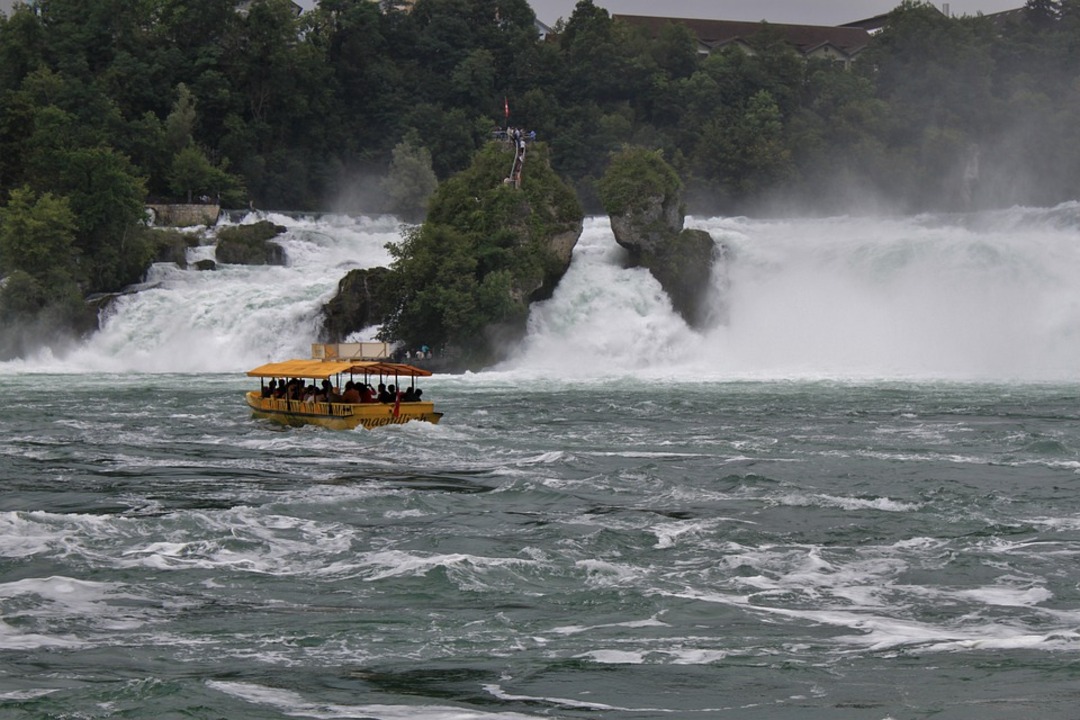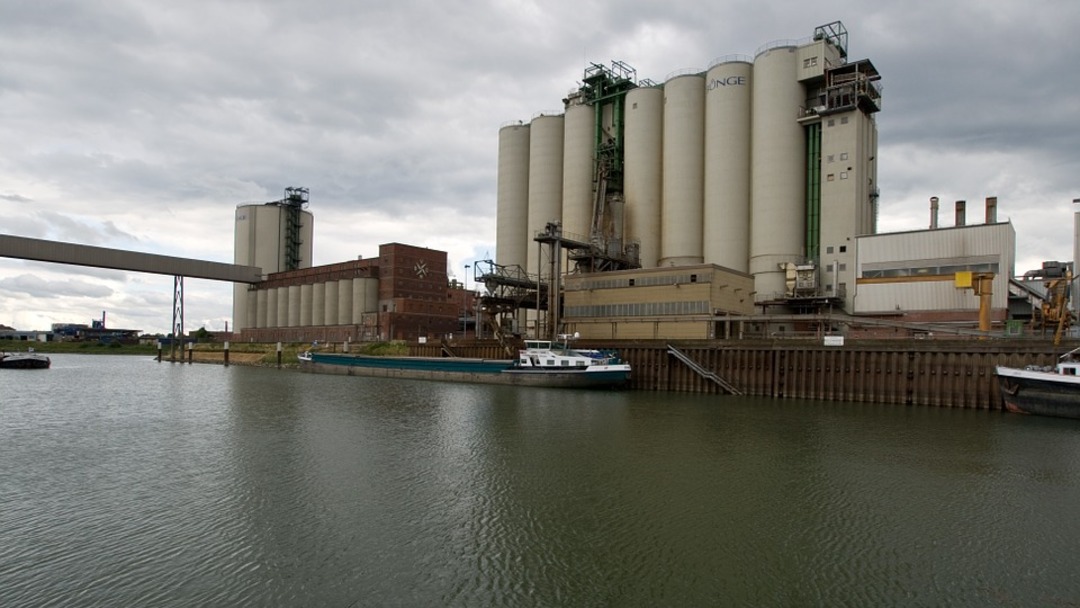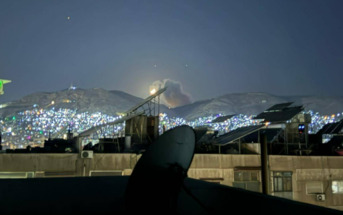-
Germany's Rhine water too low even for some empty vessels

Water levels on Germany's Rhine river are so low that some vessels cannot sail even when empty, a shipping cooperative said on Friday (August 19), although long-awaited rain has begun to ease bottlenecks on one of the country's main commercial routes.
The Rhine is an important European river of a length of 1320 km. It rises in the Alps, and in the Swiss canton of Graubumlnden both sources "Vorderrhein" and "Hinterrhein" join.
The Rhine as an inland water is of importance for the industry since various goods are transported on this river by inland ships. The inland ship represents a fast and reliable means of transport.
Weeks of drought across Europe and beyond have added to supply chain problems as vessels have had to lighten their loads to ensure they can travel along depleted water channels, the Anres reported, citing media agencies.
"Empty ships can no longer sail in some cases," Roberto Spranzi, director of the DTG shipping cooperative that operates about 100 cargo vessels on the Rhine, said on Friday (August 19).

"There are technical and physical reasons for this: the drive is aft, so loading must be done in the forward area so that the ship can lie straight in the water."
Expected rain in the coming days is forecast to increase levels in the Rhine by 50-to-80 centimetres in the coming days, a spokesperson for the Federal Waterways and Shipping Administration said, adding they would have to climb by 1-1.5 metres to reach levels typical for this time of the year.
Shortage of skilled workers in Germany rises to all-time high
Water levels at the Kaub reference point west of Frankfurt were at 35 centimetres on Friday. Levels in the 30-35 cm range are acceptable for shipping, provided cargoes are reduced.
Chemicals giant BASF said on Friday it had so far avoided production cuts as a result of the disruption, and Thyssenkrupp, Europe's second-largest steelmaker, said its raw materials supply was secured.
But energy major Shell said on Thursday (August 18) it cut production at a German refinery due to low Rhine levels.
Climate change extreme weather costs Germany billions annually
The Rhine has been open to international navigation since 1868 by terms of the Mannheim convention.
Modern technologies now permit 24-hours navigation and transport of heavier loads on the river such as coal, iron ore, grain and other commodities.
levantnews-agencies
You May Also Like
Popular Posts
Caricature
BENEFIT Sponsors BuildHer...
- April 23, 2025
BENEFIT, the Kingdom’s innovator and leading company in Fintech and electronic financial transactions service, has sponsored the BuildHer CityHack 2025 Hackathon, a two-day event spearheaded by the College of Engineering and Technology at the Royal University for Women (RUW).
Aimed at secondary school students, the event brought together a distinguished group of academic professionals and technology experts to mentor and inspire young participants.
More than 100 high school students from across the Kingdom of Bahrain took part in the hackathon, which featured an intensive programme of training workshops and hands-on sessions. These activities were tailored to enhance participants’ critical thinking, collaborative problem-solving, and team-building capabilities, while also encouraging the development of practical and sustainable solutions to contemporary challenges using modern technological tools.
BENEFIT’s Chief Executive Mr. Abdulwahed AlJanahi, commented: “Our support for this educational hackathon reflects our long-term strategic vision to nurture the talents of emerging national youth and empower the next generation of accomplished female leaders in technology. By fostering creativity and innovation, we aim to contribute meaningfully to Bahrain’s comprehensive development goals and align with the aspirations outlined in the Kingdom’s Vision 2030—an ambition in which BENEFIT plays a central role.”
Professor Riyadh Yousif Hamzah, President of the Royal University for Women, commented: “This initiative reflects our commitment to advancing women in STEM fields. We're cultivating a generation of creative, solution-driven female leaders who will drive national development. Our partnership with BENEFIT exemplifies the powerful synergy between academia and private sector in supporting educational innovation.”
Hanan Abdulla Hasan, Senior Manager, PR & Communication at BENEFIT, said: “We are honoured to collaborate with RUW in supporting this remarkable technology-focused event. It highlights our commitment to social responsibility, and our ongoing efforts to enhance the digital and innovation capabilities of young Bahraini women and foster their ability to harness technological tools in the service of a smarter, more sustainable future.”
For his part, Dr. Humam ElAgha, Acting Dean of the College of Engineering and Technology at the University, said: “BuildHer CityHack 2025 embodies our hands-on approach to education. By tackling real-world problems through creative thinking and sustainable solutions, we're preparing women to thrive in the knowledge economy – a cornerstone of the University's vision.”
opinion
Report
ads
Newsletter
Subscribe to our mailing list to get the new updates!






















